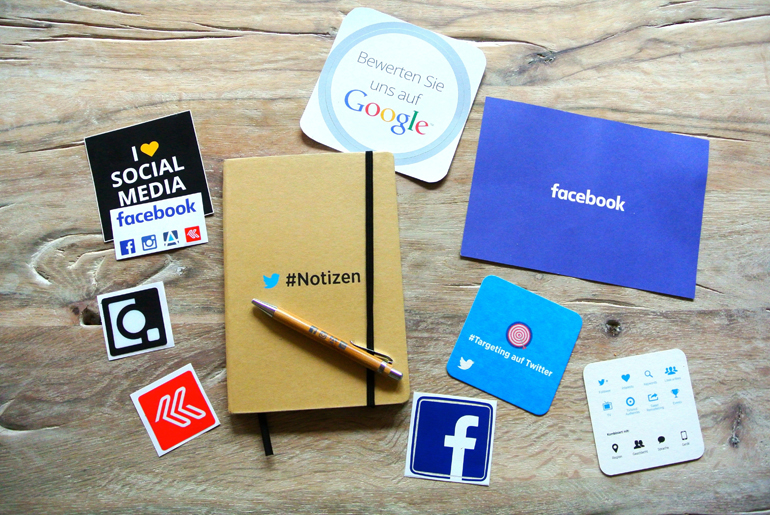 The days when a company just had to set up an appropriate social media page to automatically be pushed forward by the hype are definitely a thing of the past. The demands on marketing and communication managers have simply changed dramatically over the past ten years. With the event of social media, its networking power and user-generated content, marketing activities need to be strategically orchestrated for proper human resources planning, time- and cost management.
The days when a company just had to set up an appropriate social media page to automatically be pushed forward by the hype are definitely a thing of the past. The demands on marketing and communication managers have simply changed dramatically over the past ten years. With the event of social media, its networking power and user-generated content, marketing activities need to be strategically orchestrated for proper human resources planning, time- and cost management.
Social networks and platforms such as Facebook, Instagram, Pinterest or Snapchat, are used non-stop via smartphones. The smart devices enable direct communication and interactions respectively, which is why social media earns to be a top priority in any business field and shouldn’t be "delegated” to interns, agencies or freelancers. Rather, social media should be a matter of the chief executive, since it is part of a company’s marketing and corporate strategy and therefore must be coordinated strategically. Apart from the fact that we are talking about professional content creation, latest technology, competent community management, continuous monitoring and controlling as well as training and education to make a company’s social media activity a success. Of course, all that doesn’t come cheap, which brings strategic marketing into play.
As said, social media needs to take into account corporate and marketing goals, whether in a digital, communication or brand strategy. Therefore, marketing should be the central place for planning, coordinating and managing the implementation of all social media strategies and activities. Non-the less, decisive tasks and factors, such as the budget required to achieve the goals or the time and personnel requirements, derive from there.
The "passive strategy" is the minimum commitment for businesses in social networks, which means observing and listening to conversations as part of a systematic monitoring. Besides the fact that this approach is relevant to all strategies, it provides essential information on how and where customers, employees, and other stakeholders communicate about the company and products on social media platforms: Companies can organize and test product development with customers and/or prospects around the world in a novel, interactive way and receive feedback faster than via any other channel. Social media is just as well suited for continuous market and competition monitoring, systematic identification of potential customers and needs assessment for new, innovative solutions, product ideas or services. Existing or new brands can be communicated more emotionally, authentically and targeted by influencers or brand advocates, supporting a brand’s reputation in the medium term. Social media is just as well suited for the provision of services, like online advice or the support of pre- and after-sales - provided that all processes in the company are adjusted to it.
Hence, in the future, traditional application folders will become obsolete as companies and applicants interact via apps or messengers or intelligent software makes the matching. If a company wants to increase its brand awareness or offer its customers advice and services via messenger, it will cost a lot of time and money on social networks, too. The same applies to brand development or an image change, and even more so to sales-oriented goals and strategies. Like anything else, social media is subject to constant change, so you better start now and listen carefully to your social networks. Your challenge as a company is to choose the right goals, strategy and appropriate social networks to make the most out of the opportunities.
By Daniela La Marca


